Pope Francis threw down the gauntlet earlier this month by removing Joseph Strickland from his position as bishop of the Diocese of Tyler, Texas, after the conservative church leader reportedly refused to resign. Now, reports the AP, the Pope is enacting similar vengeance on another of his critics by revoking Cardinal Raymond Burke’s “right to a subsidized Vatican apartment and salary in the second such radical action against a conservative American prelate this month.”
Strickland, an outspoken traditionalist, has long been a thorn in liberal Francis’s side. LifeSiteNews reported in June that the then-bishop was “the subject of a shock ‘Apostolic Visitation’ by the Vatican’s Dicastery for Bishops, in an ominous move that has the potential to end his public ministry.”
Strickland himself addressed his dismissal, writing this week:
The reasons given seemed to be related, for the most part, to my speaking the Truth of our Catholic faith, and to my warnings against anything that threatened that Truth (including things that were being brought up at the Synod on Synodality). Also, mention was made of my not walking alongside my brother bishops as I defended the Church and her unchangeable teachings, and of my not implementing the motu propoio Traditionis custodes, which were I to have implemented, would have required me to leave part of my flock unfed and untended.
Alec Torres is a former speechwriter for President Trump and House Speaker Kevin McCarthy and co-author of Persecuted from Within: How the Saints Endured Crises in the Church (October 2023), which Strickland endorsed, calling it “a timely book that should be at the top of every faithful Catholic’s reading list as we navigate a time of great crisis and turmoil in the life of the Church.”
Torres says he was inspired to write Persecuted from Within because there’s “a lot of confusion within the Church” that seems to contradict Catholic doctrine.
Some may not view a lack of clarity to be much as a problem, Torres says, as people can find a different pastor, a different church, et cetera. But for Catholics, it’s “much more difficult to deal with, because we believe that this hierarchy is one single line of succession from the apostles down to today.”
Like many faithful Catholics, Torres says he didn’t know how to wrestle with leaders in the Church whom “we have an obligation to respect and have, to a certain degree, the obligation to follow,” but who also appear often to contradict the magisterium — the true and eternal teachings of the Church.
Torres says he decided “to look at people who might know the answer to that question — the saints. People who contradicted the hierarchy, or were contradicted by the hierarchy, who were attacked by the hierarchy but didn’t leave the Church, but are now recognized as the holiest people in history.”
Torres and his coauthor, Joshua Charles, started writing their book a year ago, and Torres says his reaction to the news of Strickland’s ousting was mixed. Torres was “not surprised immediately,” he says, because the “writing was on the wall” with leaked stories about mismanagement within the Tyler dioceses, the report of an apostolic visitation, etc.
“These were all ways the Vatican was trying to prime the pump, so to speak, to get people used to the idea that something was coming,” Torres says. “It’s extreme, but it’s in character with how Pope Francis deals with those with whom he disagrees versus those he supports.”
Torres asserts that so far, with the knowledge available, Strickland doesn’t seem to have done anything wrong.
“People may not like his style in certain ways, and he may be more forthcoming than people are used to, but he never contradicted the faith, that I’m aware of. It seemed like his diocese was in pretty good order, at least better than many other dioceses in America and around the world, and now he’s being persecuted, essentially.
“On a grander scale, it’s shocking,” Torres continues. “You don’t see this happening in church history very much. You see good people persecuted from within by the hierarchy for various reasons, but you don’t see bishops being removed by the pope, who haven’t, to our knowledge, committed some great crime.”
According to Torres, the root of the current turmoil “goes all the way back to Jesus,” who, we recall, was betrayed by Judas and his followers who initially turned their back on him. The story of religious leaders “and those who are supposed to be leaders in the Church being false shepherds, hirelings, instead of shepherds, that’s been the story since the beginning,” Torres says. “We need to interpret the Pope’s actions charitably. He deserves our respect and the benefit of the doubt, however, I can’t do so and imply the Pope is unintelligent or outright stupid, because he’s not.” Pope Francis should know better, Torres asserts, than repeatedly to say vague and sometimes scandalous things.
More recently, there’s been a “liberalizing impulse” within the Church “since at least as far back as the nineteenth century” that is owed to manifold causes, including intellectual, political and social movements. There are some people within the Church, Torres says, including some in high positions, who wanted to make peace with the modern world in various ways, which is not necessarily a bad thing. “But the problem is when that peace is made not to convert the world to Christ, but to adopt the ways of the world into the Church — whether we baptize the world in Christ or decide just to throw the waters of baptism over the world and approve of them where they are. This is always going to be a temptation. Because if you’re not on the right side of the world, you’ll be condemned or hated.”
The Second Vatican Council, Torres contends, is “not the pinpoint of all our problems,” but “if you’re looking for a period in history where the Church looked one way and then looked another, that would be it,” he says. The positive feature of Vatican II was that the Church was trying to engage with the world in a new way, but the negative manifestations of the Council have been that “the Church started to look more like the world instead of looking like the Catholic Church.”
What happens next?
“The Pope certainly sent a message with this [ousting of Bishop Strickland]. The message from Pope Francis is — if you don’t agree with his program and the way he wants to go about his program, then you’re on the chopping block.”
More immediately, Torres says the Pope’s actions have “had a chilling effect among leadership of the Church,” which has been coming on for some time, as Francis is “very cold to those he considers to be traditionalists.” The bishop of Hong Kong, for instance, has struggled to get a papal audience for years; meanwhile, Pope Francis is notorious for confusing statements on church doctrine (the Washington Post complied a handful of them) and for prioritizing things like “climate action” and adopting “a more conciliatory tone toward LGBTQ people” while cracking down on the traditional Latin mass.
Athanasius Schneider, auxiliary bishop of Astana in Kazakhstan said of Pope Francis’s removing Strickland, “This will go down in history as a great injustice against a bishop who did only his task in a time of confusion.”
“Even those who agree with Pope Francis’s program feels this goes too far,” Torres adds. “Nobody wants to be taken out because of a disagreement with their boss.”
Torres cautions people “to think there’s some quick way out of this crisis.” He’s of the mind the Catholic Church “will be in state of grave confusion for quite some time.” And when things are confusing, he advises, “always go with what the Church has taught in the past. That’s how it is. The Church’s teachings do not change. That doesn’t absolve us of the burden of knowing the truth. We should read history, we should read the Catechism of the Council of Trent, the current catechism, study the church fathers, read the lives of the saints, the Bible, pray the rosary and form our intellects and our wills to be able to interpret events properly in light of the unchanging Traditions.”



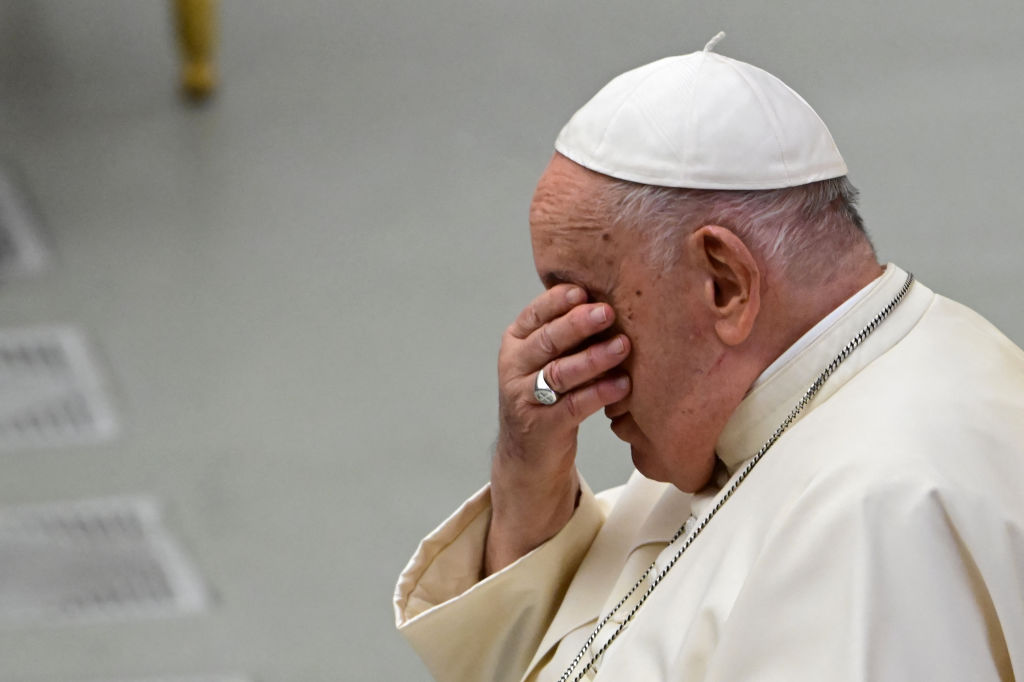






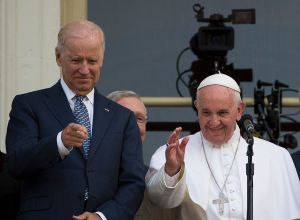

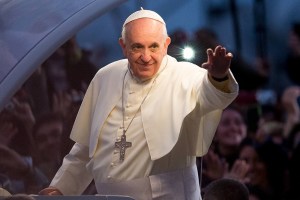
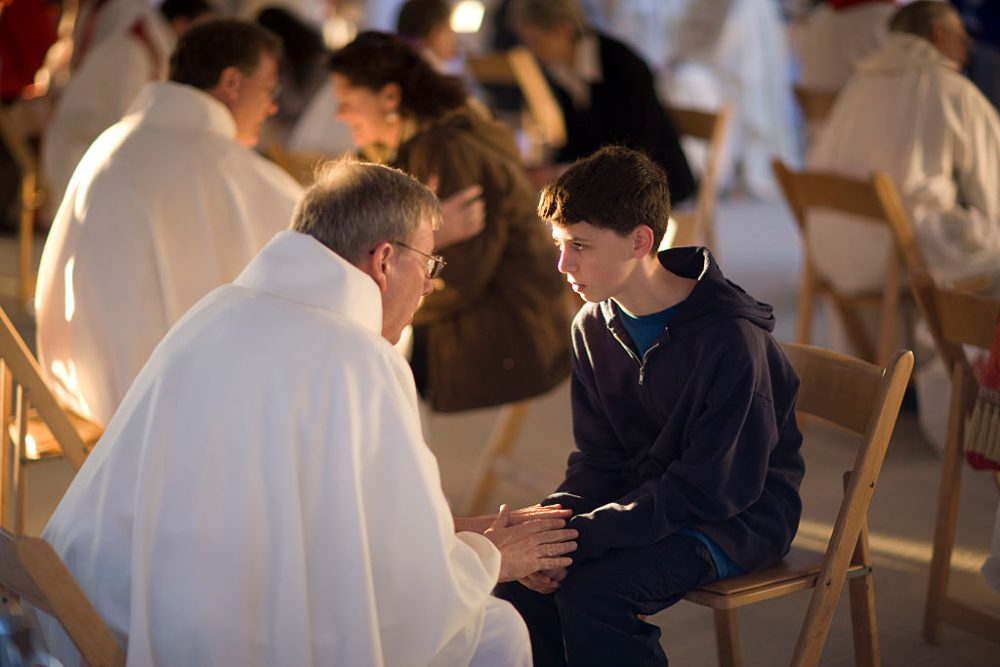
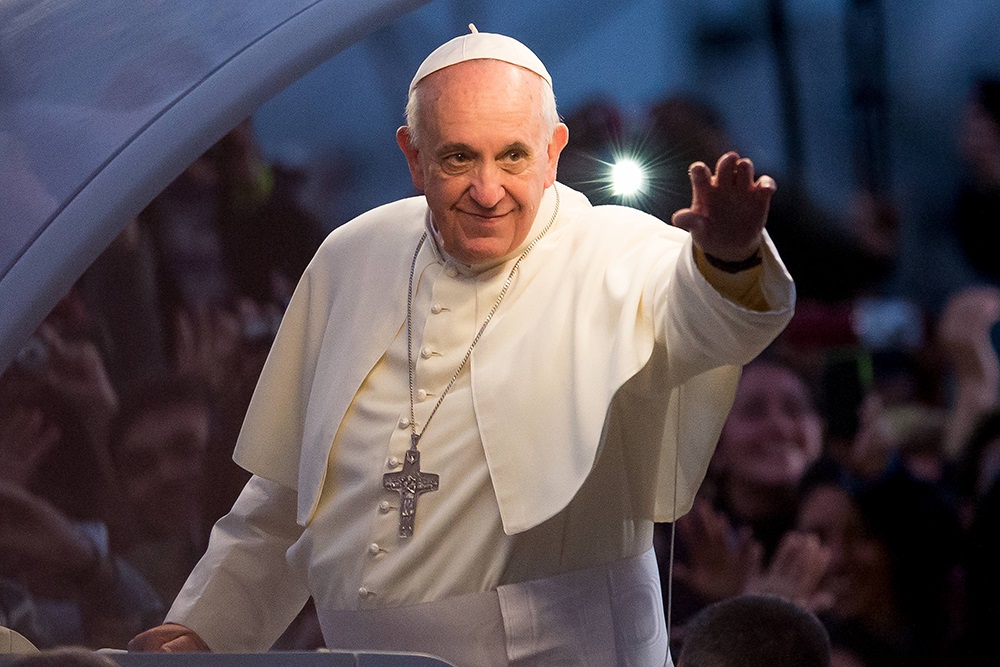
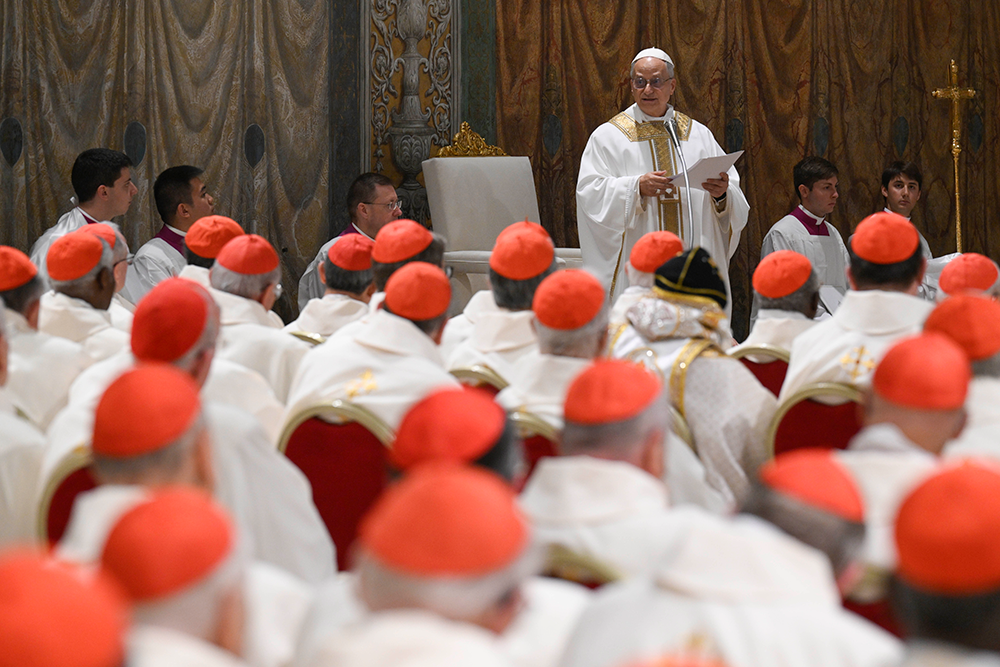
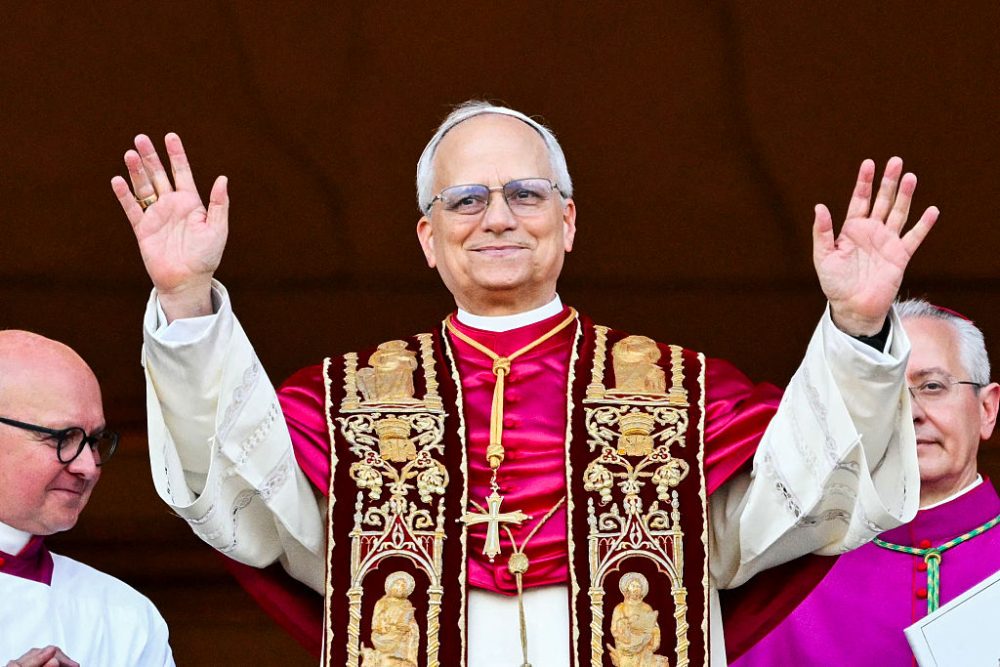
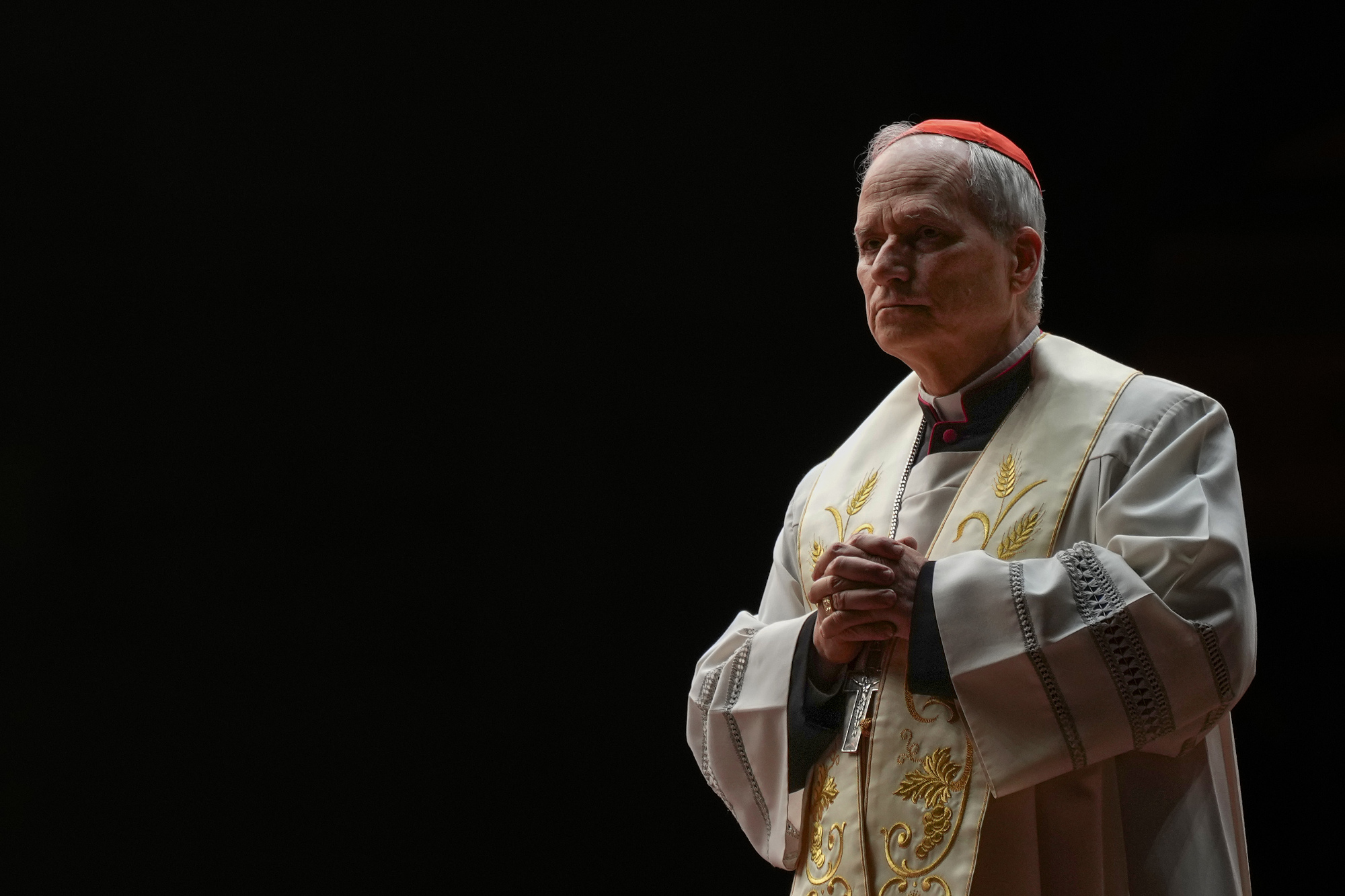
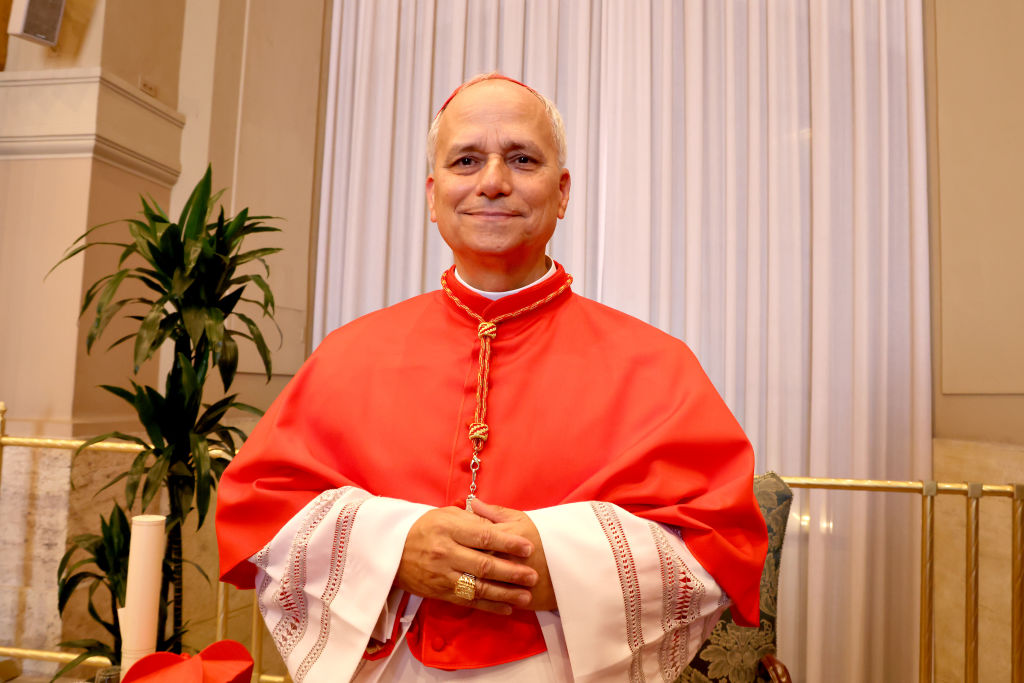







Leave a Reply